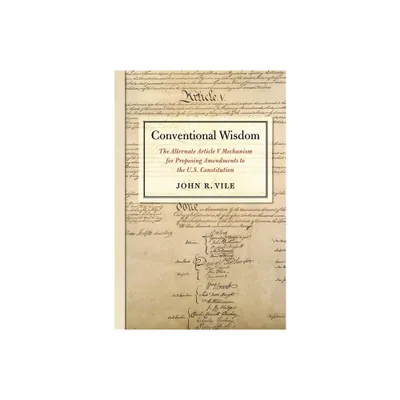Home
Against The Conventional Wisdom: A Primer For Current Economic Controversies And Proposals
Loading Inventory...
Barnes and Noble
Against The Conventional Wisdom: A Primer For Current Economic Controversies And Proposals
Current price: $180.00


Barnes and Noble
Against The Conventional Wisdom: A Primer For Current Economic Controversies And Proposals
Current price: $180.00
Loading Inventory...
Size: Hardcover
*Product Information may vary - to confirm product availability, pricing, and additional information please contact Barnes and Noble
For the past twenty-five years, the United States has undergone a retrogression in its socioeconomic policies–facilitated and supported by most economists–thanks to the steady drumbeat of arguments by entrepreneurs and politicians who celebrate the free market for anything and everything and who advocate, among other follies, balanced budgets and reduced social expenditures. The consequences of these developments have already harmed millions of Americans; but in the present climate of opinion and politics, the policy direction is unlikely to be reversed. Against the Conventional Wisdom is a rallying cry against this stampede. It seeks to provide an analytical counterattack, showing that what has become “common sense” is not good sense economically or socially; is neither necessary nor desirable; and will deepen existing troubles, not resolve them. We cannot afford to continue to relive the 1920s–when the same arguments (and lack of disagreement) prevailed, when budgets were balanced, when finance capitalism and speculation took center stage. At that time a large proportion of the workforce found itself pushed aside by the 1920s version of downsizing and outsourcing, and the rich became much richer. In the opening chapters of the book, Douglas Dowd explores the reasoning and the realities of the free market ideology, in its original and present forms. Succeeding chapters treat in detail the human, social, and natural consequences of “rule by the market” over time and the dangers of allowing the market to rule today and tomorrow. The book concludes with suggested alternatives to current tendencies–alternatives that are simultaneously desirable, necessary, and realistic.


















